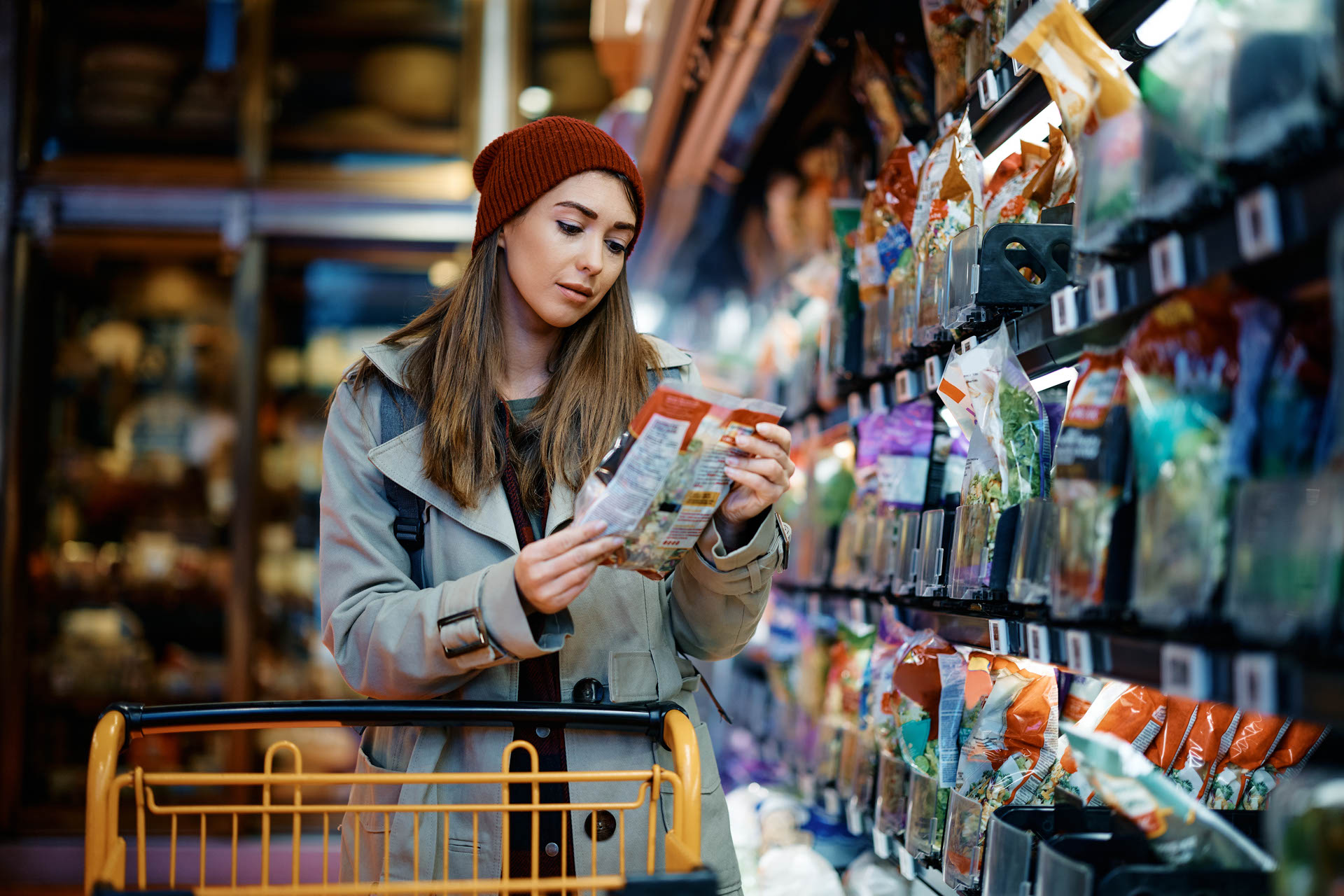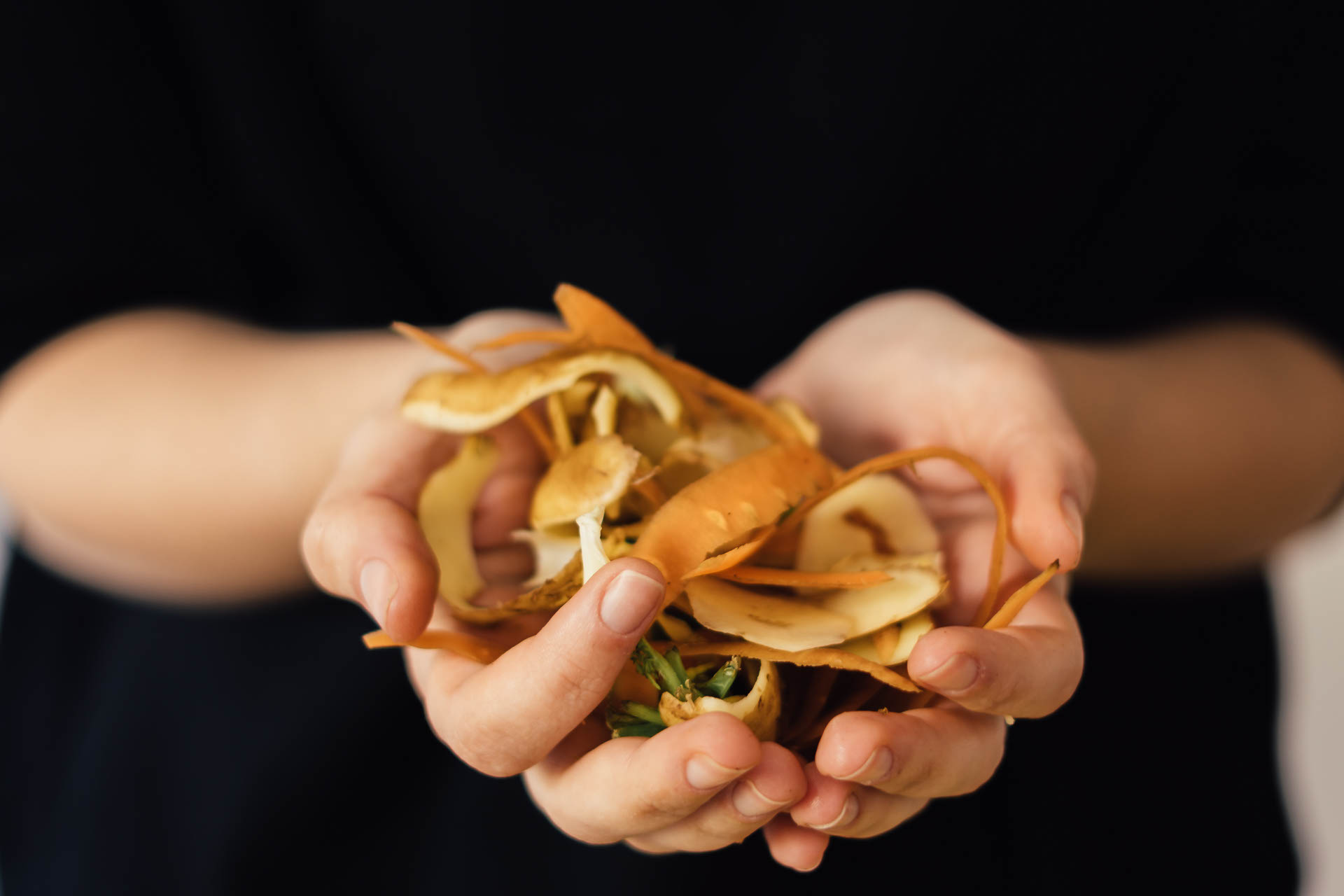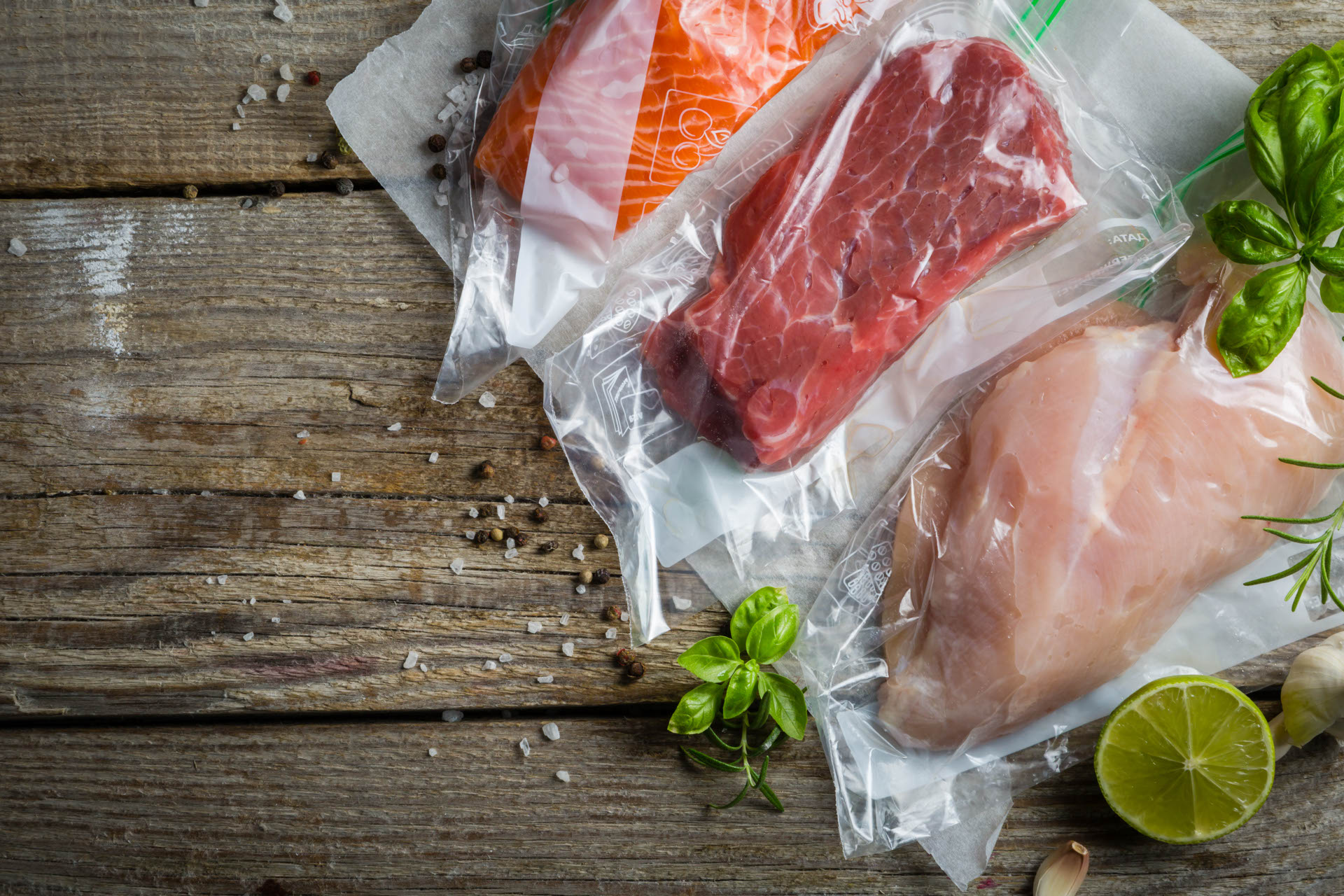In the Anglo-Saxon world, any opportunity is a good opportunity to organise a challenge, which is actually more of an opportunity to exchange ideas, a time of sharing where friends, relatives, and colleagues can get involved, when it comes to informing and raising awareness about a particular issue. And food waste is no exception.
The facts speak for themselves: the Americans and British lead the world in food waste. According to the latest report from the non-profit organisation ReFED, the United States produced 91 million surplus food items in 2021 (+4.8 compared to 2016), with a food waste rate of 38%.
Among the chefs who are addressing the problem head-on is Max La Manna, who stars in the series Revolution: Food on BBC Earth, and is encouraging his fans on his social media channels to take part in a "7 day no food waste challenge". It is no coincidence that he is the one proposing it: he is a vegan, environmentalist and climate campaigner, and in 2020 his first book More Plants Less Waste received the Most Sustainable Cookbook award at the Gourmand World Cookbook Awards. In it, he also explains how to make household cleaning products from citrus waste and goes as far as suggesting a 21-day zero-waste challenge. This is why he has become the low-waste chef par excellence. Indeed, his dishes are simple and he makes the most of every ingredient, from the leaves to the stems. His second book entitled You Can Cook This! has just been published. His mantra is always "More taste, less waste".
It is therefore worth following his social channels and, in particular, the key rules of his 7 day no food waste challenge.
1 The fight against waste starts at the supermarket where people tend to buy more than they need. Shop consciously, start with a list and try to use up all or almost all of what you have left at home before buying more.
2 Proper food storage is crucial. According to La Manna, many people have shortcomings in this area, with the risk of fruit ripening too quickly or vegetables going bad. Potatoes, tomatoes, garlic and cucumbers should never be refrigerated, but kept at room temperature. Leafy vegetables and herbs should be kept in water like flowers. As for bread: if you’re not going to eat it in the next few days, it’s best to slice it, vacuum seal it and keep it in the fridge.
3 It is normal to have leftovers after a family meal, but if you are in the habit of cooking in large quantities, choose one day a week when you plan to eat and finish everything that was accumulated during the week. These will be the famous leftovers for dinner!
4 The freezer is a great ally and almost all vegetables can be frozen (even better if they are vacuum sealed first, to remove the oxygen that causes oxidation). There are many ways to use them: the watery vegetables can be used for a soup after defrosting; if you have leftover herbs, such as sage or rosemary, add them to an emulsion of oil and crushed garlic, then freeze them in ice cube trays.
5 Pack your lunch: a money saver and another way to use leftovers from meals at home. Ideally, you should freeze your meals already portioned so that you can eat them at different times, without having to eat the same dish for several days in a row.
6 Keep the waste from the vegetables you use. The parts you can't use, such as the outer leaves of artichokes or fennel, or the hardest part of asparagus spears, make excellent stocks for soups and risottos.
7 Composting is another way of not wasting food: food scraps can become energy for your plants. There are composting systems for the garden that do not take up too much space, and also for the kitchen, if you live in a block of flats.


